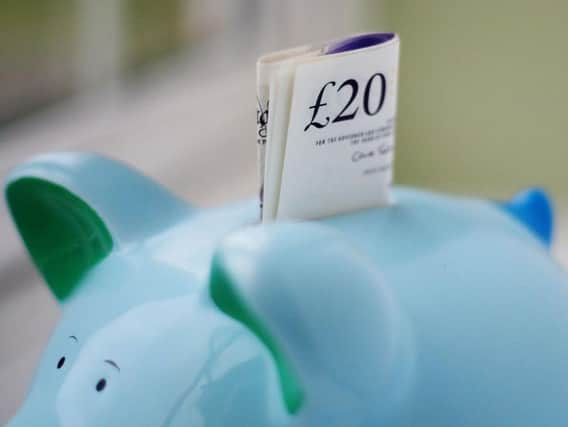How to pay a bill you weren't expecting


It can be hard enough coping with all of the regular bills – rent, utilities, council tax – without worrying about an unexpected payment. But if your car broke down and you needed it to get to work, you’d have to find the money from somewhere.
Recent YouGov research found that two in five people would have to borrow money for an unexpected £500 bill. And it’s perhaps no surprise – research for Debt Advisory Centre showed that one in six people from Yorkshire said they had less than £20 leftover at the end of the month.
Advertisement
Hide AdAdvertisement
Hide AdWithout any spare cash or savings for unexpected bills, you could find yourself really starting to struggle with even just one extra payment in a month. That’s why it could be a really good idea to start an emergency fund.
Can you afford the bill?
You might be able to make ends meet and if you can afford all of your bills every month, you could convince yourself that you’re in control of your money. But if you have just one unexpected payment, you might find it difficult to meet all of your financial commitments.
Whether the clutch has gone on your car or your washing machine has packed in, there are some payments you just can’t leave for another day. And if you have an emergency like this, you’ll have to find the money from somewhere.
Maybe you’d have to borrow the money from a friend or family member and pay it back later. Or you might take out a loan or put the bill on a credit card. If money’s already tight, an extra debt repayment on top of this could make it really difficult to cope.
Advertisement
Hide AdAdvertisement
Hide AdAnother way you might consider funding an unexpected bill is by missing one of your other bills or debt repayments. But getting behind could see you incur extra charges and damage your credit rating. You might even get your internet connection cut or lose access to your mobile if you don’t pay the bills.
A rainy day fund
By putting aside a bit of money every month, you can start to make an emergency savings fund. If you ever have an unexpected bill to cover, an emergency fund can be really helpful as you won’t have to rely on credit.
If you think you can’t afford to save any money at the end of the month, take a look at your household budget. Write a list of everything you have coming in and everything you’re spending it on – your household bills, insurance payments and any debt repayments. You’ll be able to see where your money is going each month and identify some key areas where you can cut back.
For example, see if you can save on what you’re spending on luxuries like gym memberships or TV packages. Instead of eating out every day at your work’s canteen, take a packed lunch. If you can make some savings and put aside even just £20 a month, this could really help next time you have a bill you weren’t expecting.
Debt Advisory Centre: 0161 871 4881